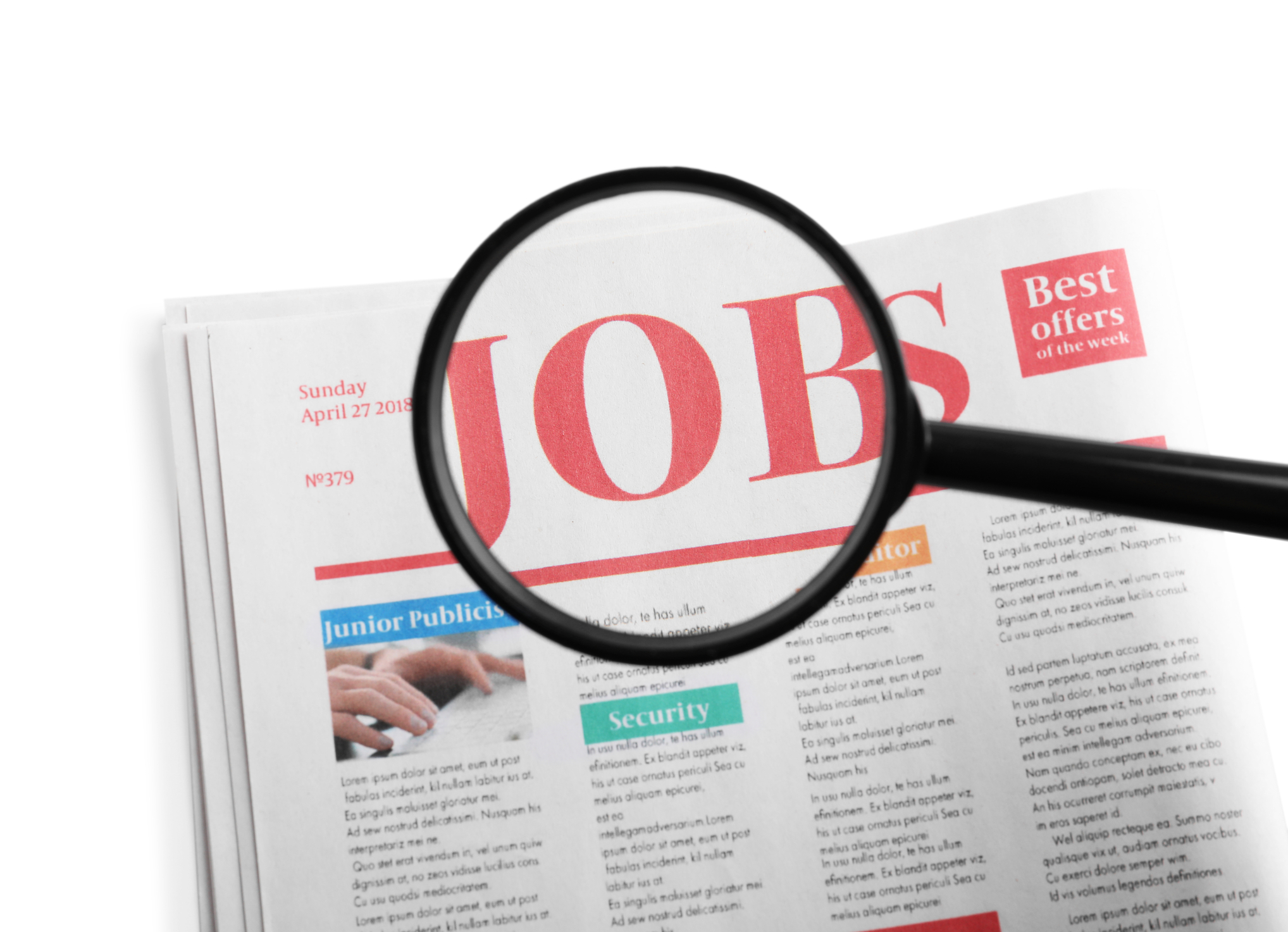January jobs report jolts conventional wisdom

With predictions of job growth in January ranging from a gain of 150,000 to a loss of more than 300,000, prognosticators and pundits were thrown for a loop when the Labor Department reported a gain of nearly half a million jobs for the month.
So how did everyone get it so wrong?
The short answer is that economic forecasting is an inexact science at best – and not a science at all at the least. If meteorologists can get it wrong with their doppler radars and satellite data, pity the poor economists relying on theories and statistical models when consulting their crystal balls.
However, the more fundamental issue is that historical data and the sophisticated models economists use are sorely out of date in this ongoing global pandemic. Even as forecasters acknowledge that the status of the latest Covid variant could send predictions off the rails, the statistical basis of those projections is rooted in pre-pandemic economics. Imagine how unreliable meteorologists would be if they used data from 2019 to make today’s weather forecast.
But the evolving labor market adds a whole new set of variables to the equation as employers struggle to find workers to replace those who have left. The so-called “Great Resignation” that began in 2021 is a factor that is difficult for economists to plug into their models, and the unpredictability of where this sea change in employee attitudes will lead makes the economy, well, unpredictable.
Part of the problem is the idea of the “Great Resignation” itself. While a pithy turn of phrase, it is a wildly inaccurate term for what is happening in the labor market and carries a connotation that is not in sync with the realities on the ground.
Workers are quitting their jobs, not just because they are burned out or fed up – though restaurant and hospitality professionals, along with other “low-skill” workers, have plenty of reasons to feel that way – but also to find better jobs and careers.
While society recognizes healthcare professionals, law enforcement officers, firefighters and EMTs as “essential workers,” the positions filled by waiters and busboys and bellhops and dishwashers are really no less essential. Those kitchen workers and order takers may not face life-or-death situations, but their contribution to the overall economy and quality of life plays a significant role in the overall health of the nation’s bottom line.
But don’t expect any explanations from the economic ivory towers. Commentators and talking heads will fall back on the unpredictable nature of the pandemic as a reason for being so very far off in their predictions. And will probably make few, if any, adjustments to their predictive models.
The reality is this is a different economy now, and it is too soon to really know how the pandemic – and reactions to it – have changed things. Only time will tell.



